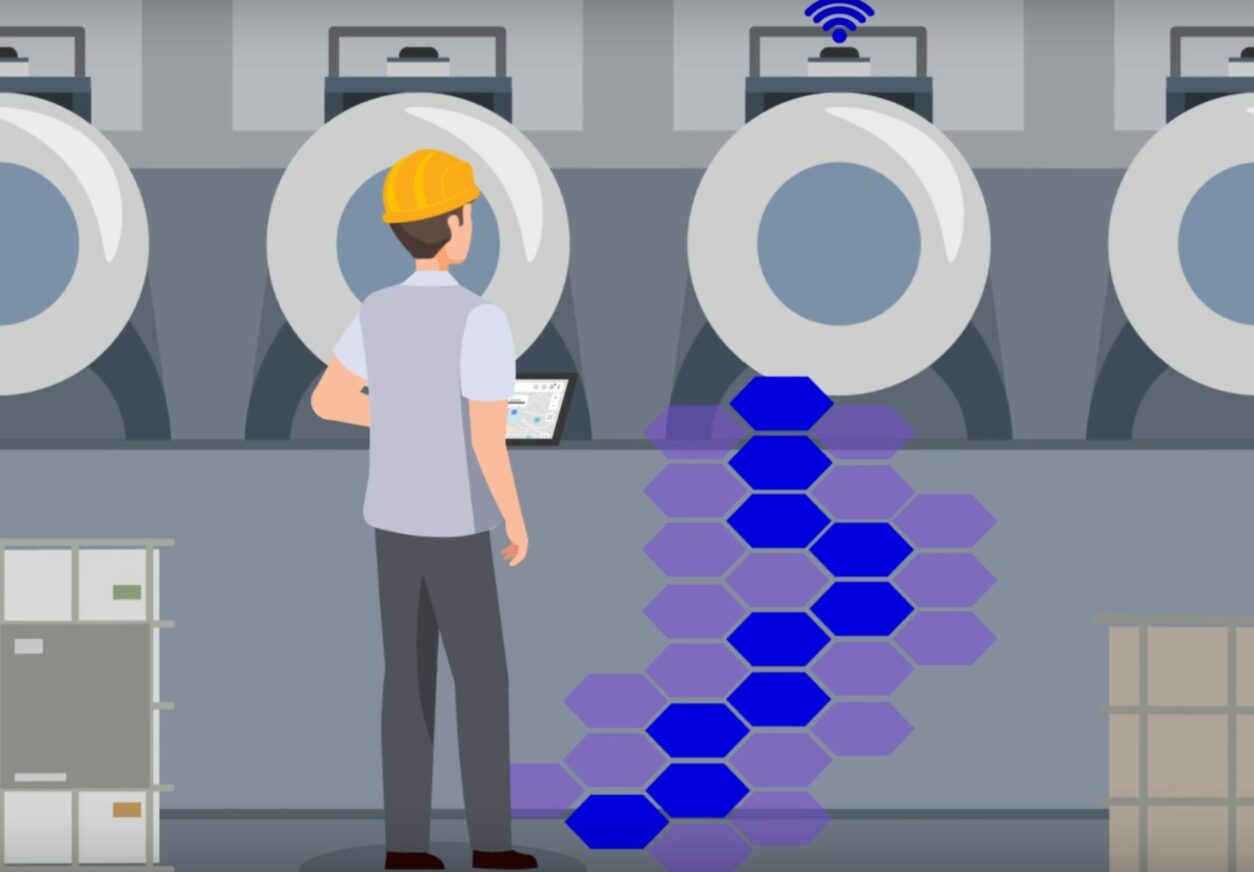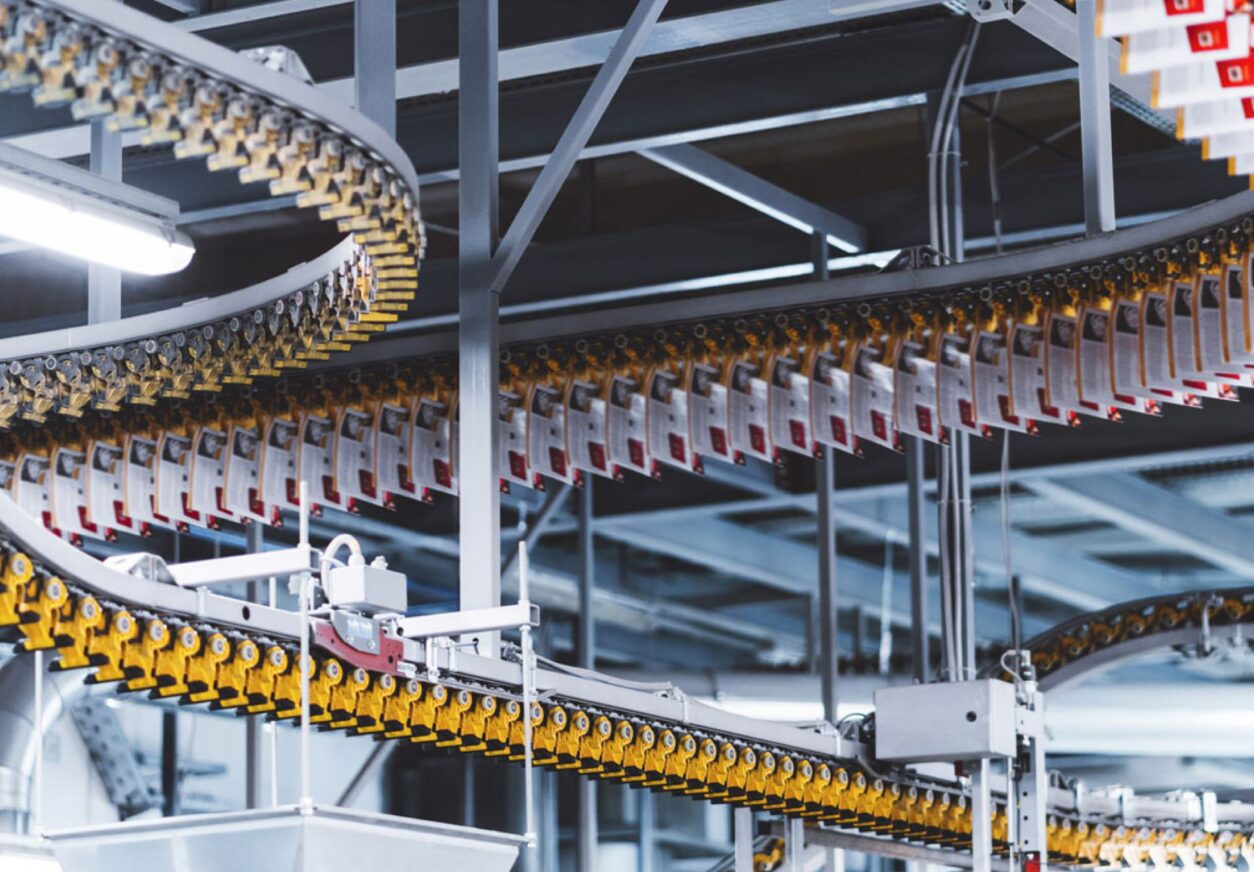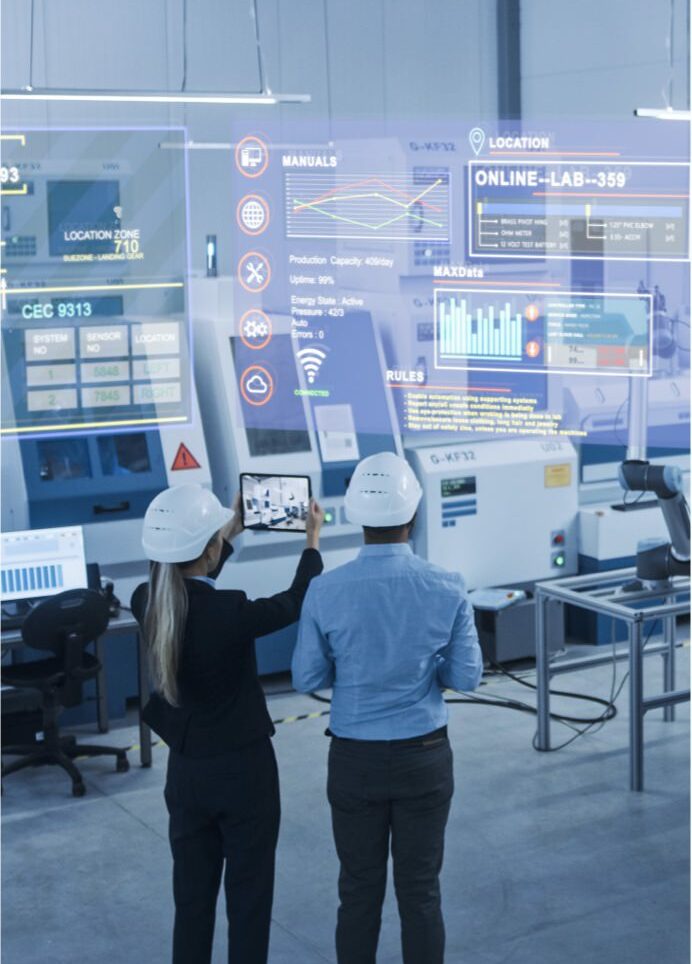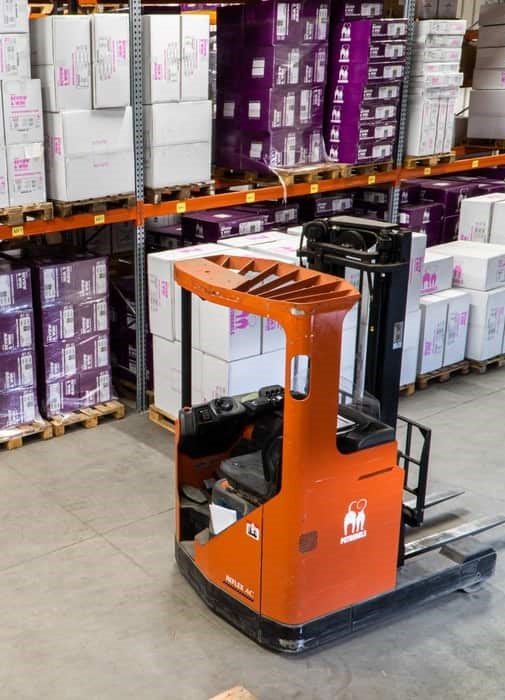From a preventive to a predictive approach
For an operational production line, it is essential that maintenance operations are carried out in a satisfactory manner.
Different types of maintenance can be identified. For years, manufacturers have favored curative or preventive maintenance.
This type of maintenance consists in carrying out measurements afterwards on machines that are already dysfunctional.
The increasing availability of raw data, called Big Data, in most sectors of activity has pushed manufacturers to develop a new type of maintenance: predictive maintenance.
The rapid growth of predictive maintenance
The goal of predictive maintenance is to predict system failures by continuously observing their condition, in order to plan maintenance actions in advance.
These predictive models are developed through the analysis of the machine history.
In other words, it is a matter of deducing from a large number of past measurements a prediction on the nature, location and probable date of occurrence of the failure, in order to adopt before the incident the appropriate corrective actions and then to automate these actions.
The role of artificial intelligence in predictive maintenance
Machine Learning is a set of algorithms for receiving and analyzing large-scale data.
By deducing causal relationships after analyzing the history of machine tools, Machine Learning allows to make intelligent predictions.
Machine Learning thus enables predictive maintenance by triggering a technical intervention.
Predictive maintenance: a real gain for industry
The development of Machine Learning represents, in the long term, a real gain for companies.
It is a major improvement tool for companies as it is often synonymous with cost reduction, equipment performance, customer satisfaction and supply chain improvement.
The implementation of predictive maintenance
Before implementing a predictive maintenance plan, you need to be aware of its outcomes.
The implementation of Machine Learning for predictive maintenance is often costly and therefore represents a significant investment.
Several months, even several years, are sometimes necessary to understand the data.
On the other hand, Machine Learning and its derivatives, such as Deep Learning, are responsible for brilliant industrial innovations.
Machine Learning and AI algorithms in Factory 4.0
Machine Learning and Artificial Intelligence play an important role in the development of the Factory of the Future.
The predictive analysis of these algorithms is used not only in Maintenance, but also in Logistics.
In particular, Zozio uses these AI and Machine Learning algorithms to optimize flows in real time by creating a true Navigation Assistant.
Conclusion
Machine Learning is now considered a key, and even indispensable, tool for effective predictive maintenance.
Taking into account the chronology of past events to predict future events has become a performance lever for manufacturers who, thanks to robust algorithms, are even better equipped for continuous improvement.
Thanks to the predictive analysis of our Machine Learning and AI algorithms, our customers are proactive in the face of unforeseen events, enabling them to avoid stock-outs and better manage delivery dates.
Bastien Triclot, co-founder and CEO of Zozio
Written par Emma Guignard








